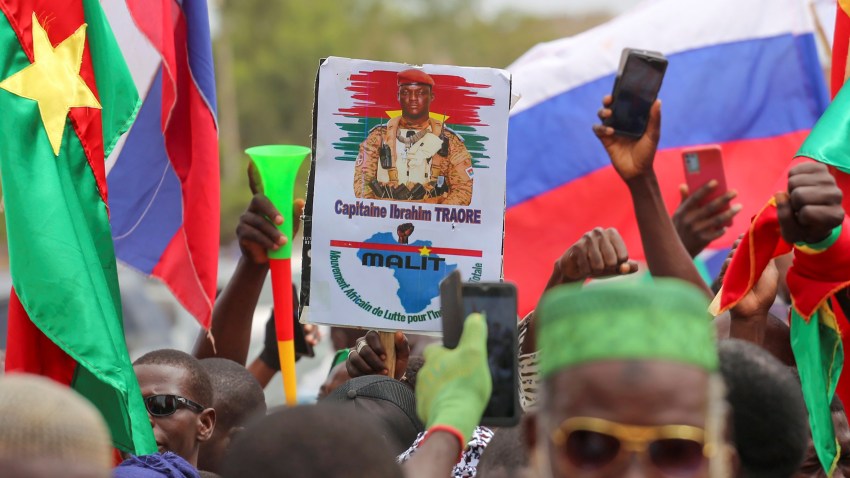Over the past three years, a series of military coups in West Africa have toppled democratically elected governments under pressure from Islamist insurgencies. But the underlying sources of these states’ weaknesses had built up long before their collapse became visible in the storming of presidential palaces.
Though long lauded by the West as examples of democratic success, these countries’ governments were busy dismantling the rule of law, fueling widespread skepticism among their populaces about the extent to which elections can provide the basis for political stability. The European Union and U.S. fixate on democratic elections as the basic foundation of political legitimacy. But in states such as Mali and Guinea, elections have led to contested outcomes or enabled authoritarian power grabs, profoundly unsettling the hopes of many in and outside the region for a more stable future.
Part of the problem is a zero-sum approach toward democratic competition, in which winners ruthlessly use administrative patronage to reward their supporters, while losing factions are cut off from access to state resources. Over time, frustration among groups marginalized as a result of electoral outcomes can catalyze a base of support for officers plotting military coups or insurgents trying to seize territory. Even in Nigeria, where democratic politics have become more embedded since the late 1990s, elections are often marred by fraud and violence, as local and national networks of political and financial elites battle to seize control of systems of state patronage.

